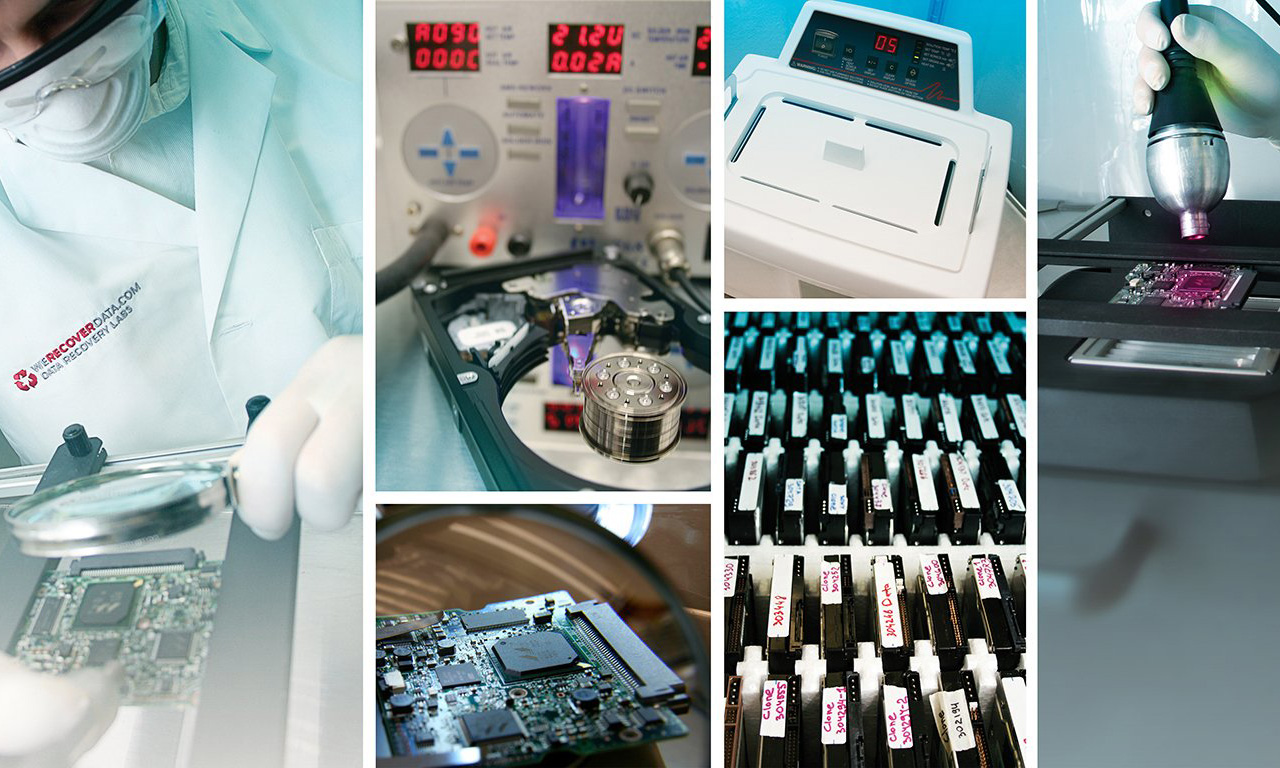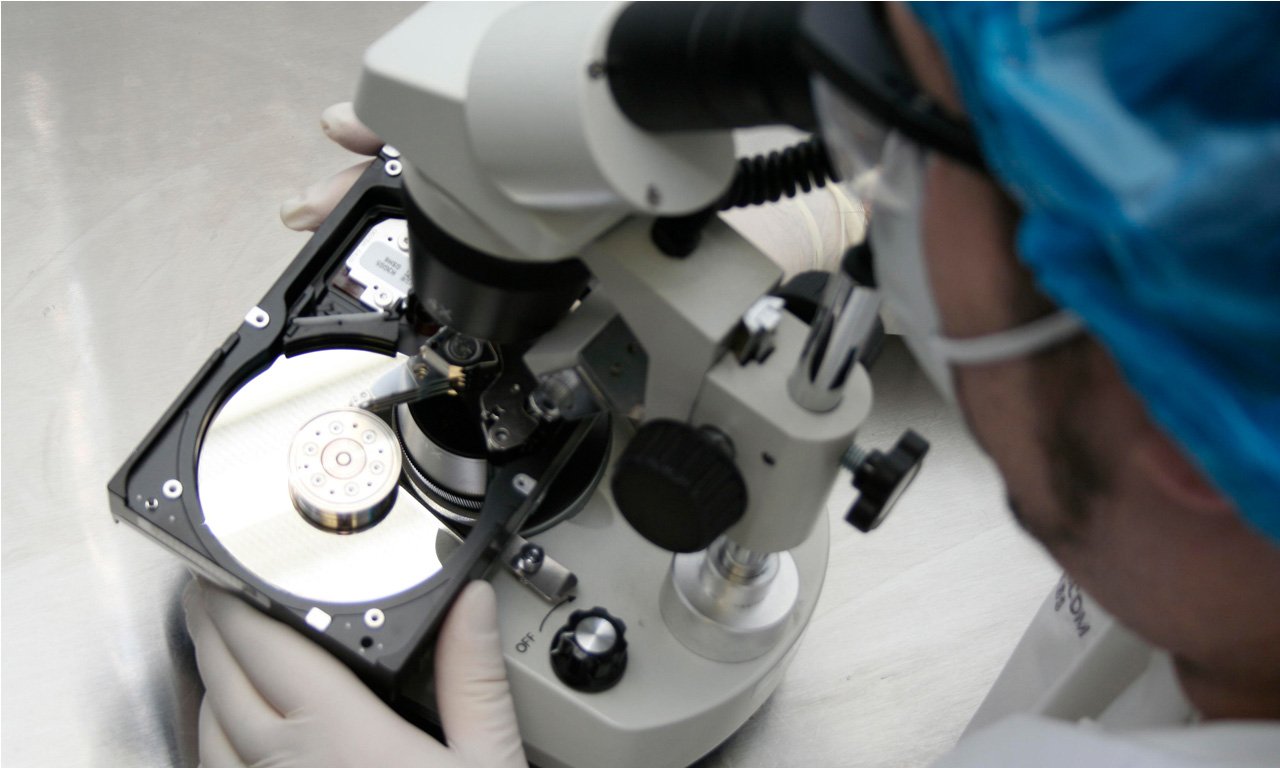What’s the Difference Between Data Security and Data Privacy?
Data security and data privacy are similar concepts with overlaps, but they are not the same thing. There are several distinctions that are critical for businesses bound by GDPR or California Consumer Privacy laws to understand. The difference between data security and data privacy is in the details of what they mean for an organization.
First, it helps to have a working knowledge of what’s entailed in both operations.
The Difference Between Data Security and Data Privacy
Data security focuses on the protection of a business’s technology and tools, in order to deter cyberattacks. It’s a means to protect sensitive information such as social security numbers, credit card information, or bank accounts.
This is a necessary measure in order to protect your customers and your organization from those who would intend to do harm.
Data privacy involves complying with local and federal laws within and outside your industry that help protect sensitive data. It’s a process to make sure that you are following all necessary measures to protect your customers’ most sensitive data.
More states and countries may make consumer privacy laws in the near future. HIPAA would be an example of industry privacy regulation in health care.
Understanding the Difference Between Security and Privacy is Crucial
Some common data security measures include:
- Multi-factor authentication
- Multi-device management
- Identity management
Without these and other measures in place, the data that you collect could be at risk of a breach. Make no mistake, the data that you collect is likely your business’ most valuable asset. If it is put at risk, your business’s livelihood is also in jeopardy.
Without certain data security in place, you could also be in violation of a variety of data privacy regulations. This could put you in legal jeopardy, and it could become a cause for concern amongst your customer base.
The Role of GDPR and the CCPA in Protecting Customer Data
Businesses that fall under the jurisdiction of the EU’s General Data Protection Regulation and the California Consumer Privacy Act are obligated to safeguard the data that their businesses collect. Both laws create a set of consumer rights as it comes to the data that businesses are able to collect about them.
More US states are expected to follow suit regarding the creation of data privacy regulations. It’s certainly in a business’s best interest to protect customer data both from a regulatory standpoint, as well as keeping your customers satisfied.
Data Security and Data Privacy Have a Role in Your Company
The difference between data security and data privacy is in what they mean for your company.
While they are not the same thing, they are certainly interrelated and play a critical role within your organization. Taking proper steps with both can help ensure that you are protecting your most valuable asset. Security and privacy measures are also both important in protecting your customers from catastrophic data breaches after they entrusted you with sensitive personal data.
Security revolves around safeguarding the tools and technology involved in your business. It’s making sure the devices that you use, as well your company website and databases are safe and secure. Privacy is about making sure that you are following the appropriate industry, federal, or local regulations. If your business is not required to meet any of these regulations, it’s still a good idea to do whatever you can to safeguard your customers’ sensitive data.
Are Cyberattacks on the Rise Because of Coronavirus?
Most people are rightly focused on staying healthy at the moment. They’re doing the things that are necessary to keep safe and prevent themselves from getting sick.
But they may need to shift their focus to a different type of virus protection. The answer to the question “Are cyberattacks on the rise because of coronavirus?” is cause for some added precautions.
Companies are expanding their work from home policies in order to keep employees safe and healthy. That increase in remote work can lead to an increase in cyberattacks, as the hardware becomes more vulnerable. It’s not easy for organizations to provide in-person IT support for remote employees or equipment.
Employees can take steps to be more vigilant about security concerns as remote work may be popular for the foreseeable future.
Are Cyberattacks on the Rise Because of Coronavirus? Yes. But Here’s What You Can Do About It.
Use Caution with Email
Cyber criminals will use any means possible to get you to click on their emails and provide compromising personal information. Two-factor authentication can help ferret out the questionable emails.
Internal email scams can be easier to spot, if you check with the sender before responding. When the person that a hacker is imitating says that they did not send the email, you know that it’s a scam. You’ll certainly want to double-check with the sender before you enter a credit card number or send money.
Make it Harder for Hackers
When hardware devices, including your router, are up to date with virus protection, it makes it harder for criminals to access your accounts. Those pesky updates need to be completed when the notifications arise, in order to protect hardware and software from hackers.
You’ll also want to avoid using Bluetooth in public places. Hackers will be able to see exactly what you are doing.
The Importance of Secure WiFi
When you work on a company-owned device, it’s important to only use WiFi that is secured, and has a password. This is of course, a good rule to follow with personal devices, too. These WiFi connections are safer because it’s harder for criminals to gain access. You can also verify with the owner of the network that you are accessing it correctly.
Avoid accessing any confidential or sensitive information from a public WiFi account, whenever possible. A hacker may be able to access anything that you see on the internet.
Remember that Confidential Information Is Still Confidential
You may be working from a remote location. In some cases, you may be on a personal device, instead of a company-issued device. It’s easy to slip into comfortable working habits. But it is important to remember that confidential company information is still confidential.
Personal email accounts should not be used for company business. Employees need to keep track of what they are printing at home. Some of it may need to be shredded after use. If that’s not an option, it may be better not to print it to begin with.
Report Lost or Stolen Devices
A missing device could put sensitive company information at risk. It’s important that employees report any lost or stolen devices immediately so that the company has time to take any necessary precautions.
The Reality of Remote Work
It’s likely the uptick in remote work will be around for the foreseeable future. But it’s important to remember that the answer to the question “Are cyberattacks on the rise because of coronavirus?” is a resounding yes. Therefore, precautions need to be taken.
With the added convenience and productivity of remote work, comes some enhanced risk. And hackers know that more people are using remote (and therefore less secure) devices. It’s important that employees and employers alike remain vigilant about the security risks with some of the precautions above.
The Different Types of IT Security
There are several types of IT security that focus on various aspects of the same goal – to protect an organization’s data. That data can be in a digital or physical form. For example, IT security would encompass all online activity, but also a room full of physical files.
The categories of IT may vary by organization or expert. Below are a few of the key types we can concentrate on.
3 Types of IT Security
Network Security
Network security is simply the interaction between different devices over a network. The role of network security specialists focuses on hardware and software security, as it relates to the network as a whole. The objective is to protect the network from unauthorized access or misuse. When it’s better protected it can provide a more secure work environment conducive to organizational goals.
One method for maintaining proper network security may include monitoring all device logins. This may clue security specialists into irregularities, to flag malicious abuse. When proper protocols for a breach are in place, the threat can be minimized.
Endpoint Security
Endpoint security focuses directly on network devices. It’s critical that only the designated devices are able to access sensitive information or company data. Endpoint security allows companies to understand when an unauthenticated device accesses this key information. Laptops, cell phones, and tablets can all be evaluated. And each new connection increases the risk of the company’s information.
Some ways to accomplish this include:
- Control of privileged users
- Application controls
- Data controls
- Intrusion detection
- Encryption
The software updates for endpoint security measures can be pushed out through the server to each individual device in order to ensure security measures are uniform.
Internet Security
This form of IT security tends to deal largely with the transmission of information. For example, any measures taken to make email communication safer would fall under the branch of internet security. Encryption is one example of a measure that could be taken to make sure that the information gleaned by attackers would remain protected.
Websites with an https at the beginning are usually encrypted in a way that protects the information. Firewalls, tokens, and password managers are additional steps that can be taken.
Bringing IT Together
When you understand the different types of IT security, you can keep company data safer. Your plan may depend on the personnel and resources that are available to you and your organization.
The bottom line is whether you are self-employed, or working as part of a large organization, there are measures that you can take to protect your network, devices, and the information that you send. It’s time to evaluate your processes and determine what steps can be taken to better secure your data.




















